Pre-alert guidance note - disease outbreaks
This document is designed to make it easier for agencies to raise Start Fund anticipatory alerts for disease outbreaks, or to submit Start Fund project proposals when an alert has been activated.
This document is designed to make it easier for agencies to raise Start Fund anticipatory alerts for disease outbreaks, or to submit Start Fund project proposals when an alert has been activated.
This document is designed to make it easier for agencies to raise Start Fund anticipatory alerts for cyclones, hurricanes and typhoons, or to submit Start Fund project proposals when an alert has been activated.
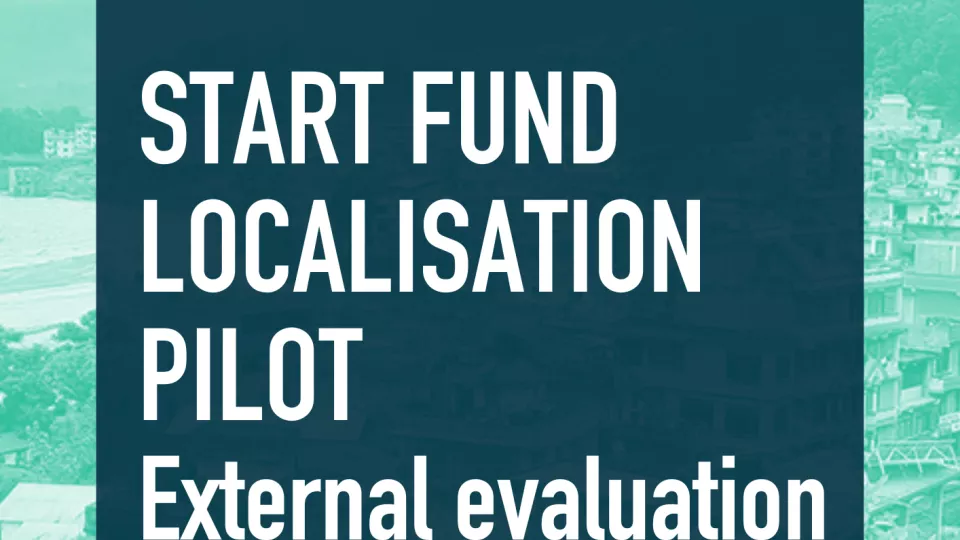
This is an independent, external evaluation of the Start Fund’s ‘localisation pilot’ conducted in late 2022. The purpose of the evaluation is to assess the extent to which the global Start Fund is ready in terms of current and planned processes, practices and capacity, to develop into a more locally-led humanitarian model while maintaining its mandate to respond rapidly to the gaps and unmet needs of people in, or at-risk of crisis.
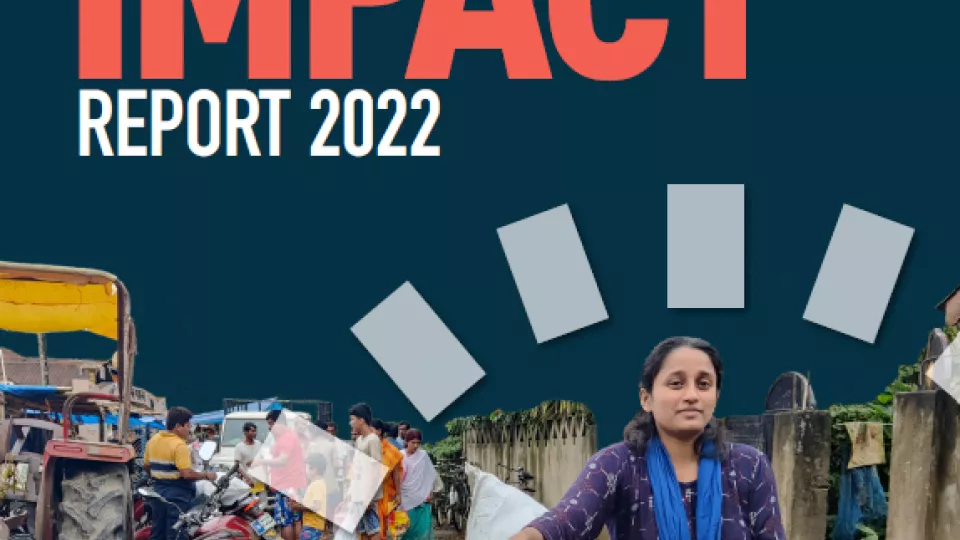
Over the last decade, the humanitarian sector has been heavily impacted by more frequent and severe climate-related crises. We need a more proactive, faster and locally led humanitarian system where communities are supported to analyse risks, create plans and have access to pre-arranged financing to prevent loss of life and livelihoods.
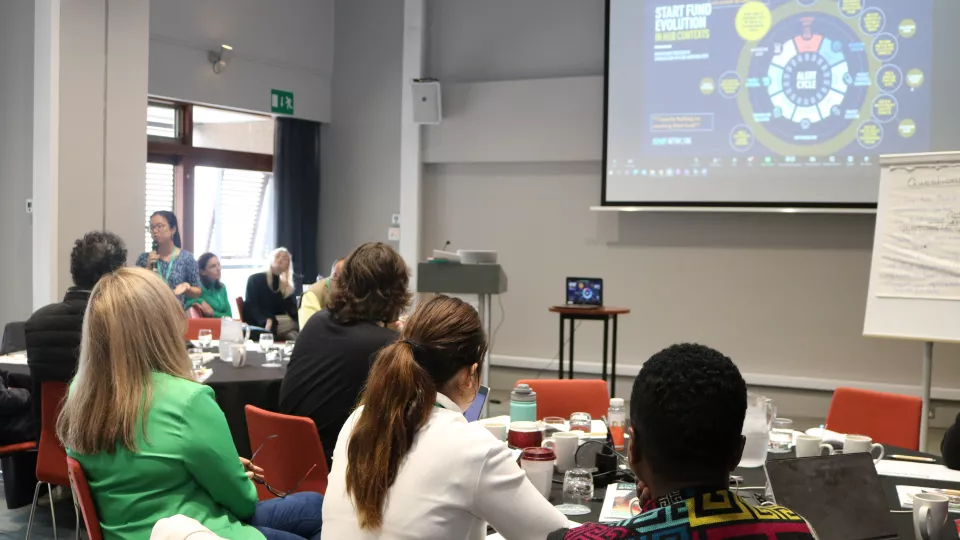
The new course called Risk Analytics in Start Ready DRF is also hosted via Kaya Connect and is offered free of charge covering the 2nd pillar of our Disaster Risk Financing-DRF approach.
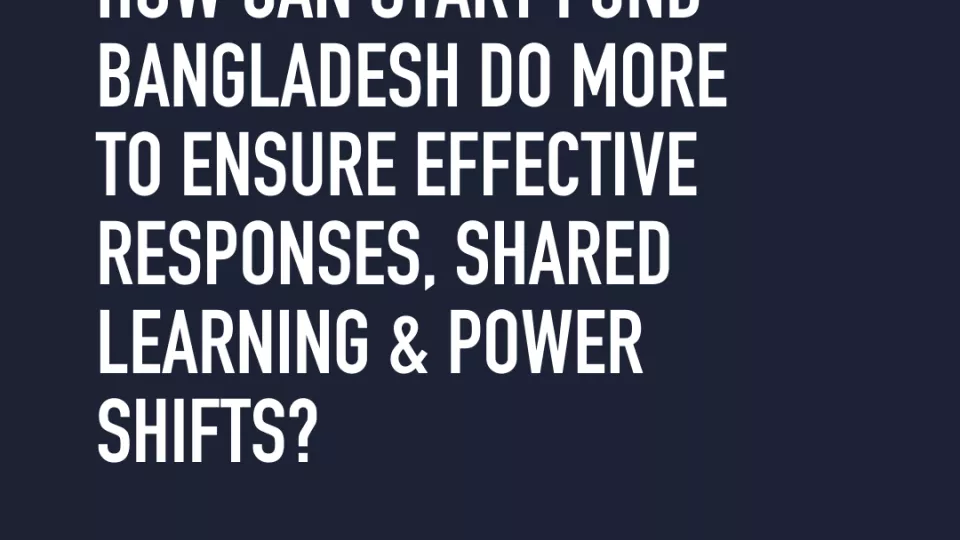
Bangladesh has faced one of the worst flash floods in history in 2022, where northeastern region of the country was devastated by consecutive flash floods during the months of May to June. The affect of the flooding led to more than 7.2 million people directly affected and more than 50% of the affected population in need of humanitarian assistance.
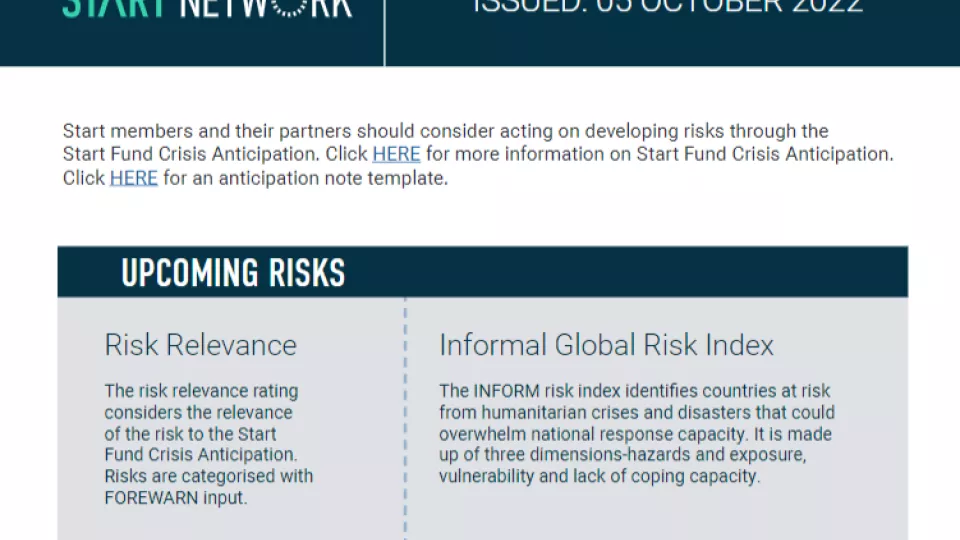
The monthly risk briefing reports on new, emerging or deteriorating situations; therefore, ongoing events that are considered to be unchanged are not featured and risks that are beyond the scope and scale of the Start Fund are also not featured.
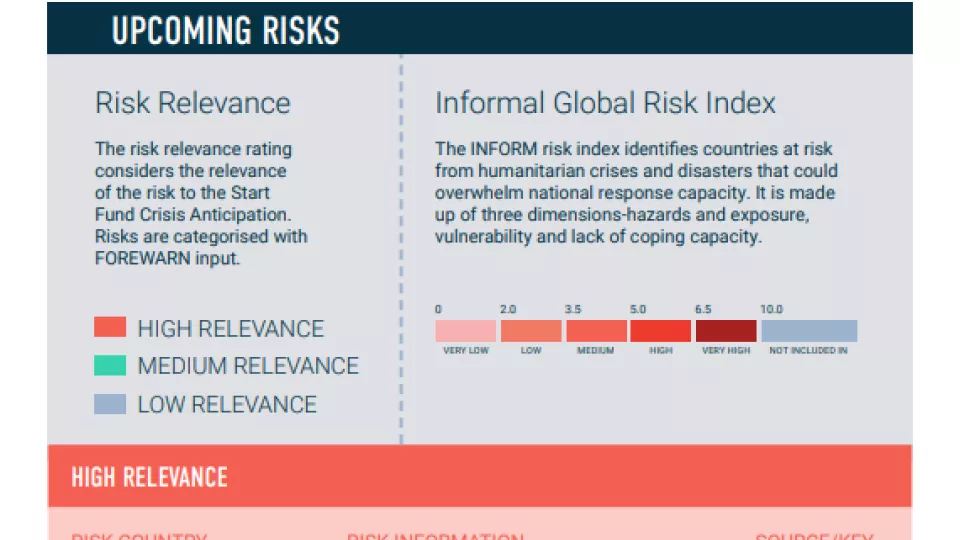
The monthly risk briefing reports on new, emerging or deteriorating situations; therefore, ongoing events that are considered to be unchanged are not featured and risks that are beyond the scope and scale of the Start Fund are also not featured.
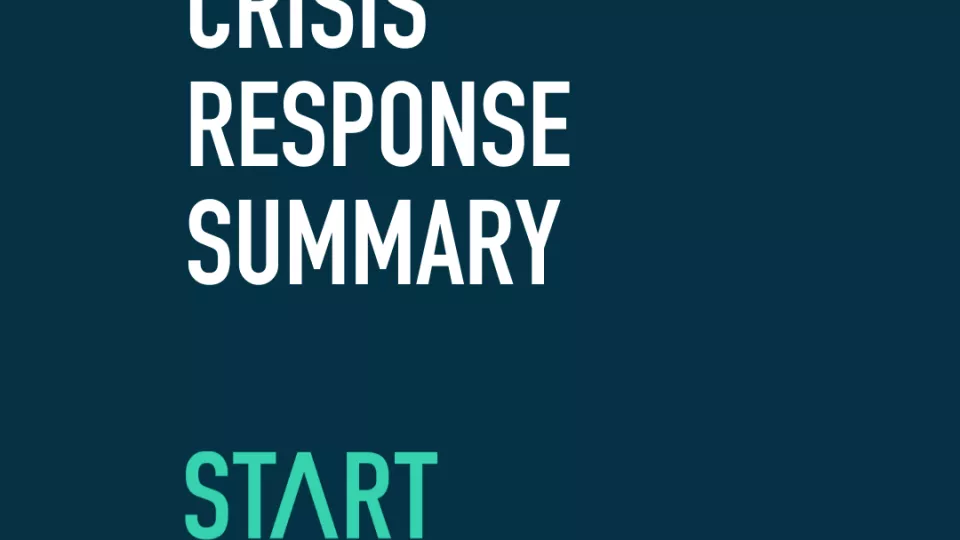
The northeastern part of Bangladesh has been devastated by a torrential flash flooding due to heavy rainfall in the upper streams of Surma, Kushiyara and other rivers of the Brahmanputra basin that linked to the northeastern part of the country.

This article outlines the method that was used to collect, code and visualise sentinel site data from the ARC Replica drought pay-out in Senegal. It is intended for practitioners and decision makers who are looking to: 1) bring in community member voices to inform early action programme designs and 2) explore new ways of using qualitative data to inform decision making around early action. The methodology outlined can also be replicated by researchers collecting longitudinal data with multiple data points over long periods of time.